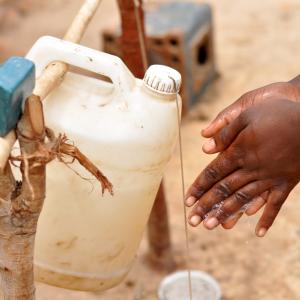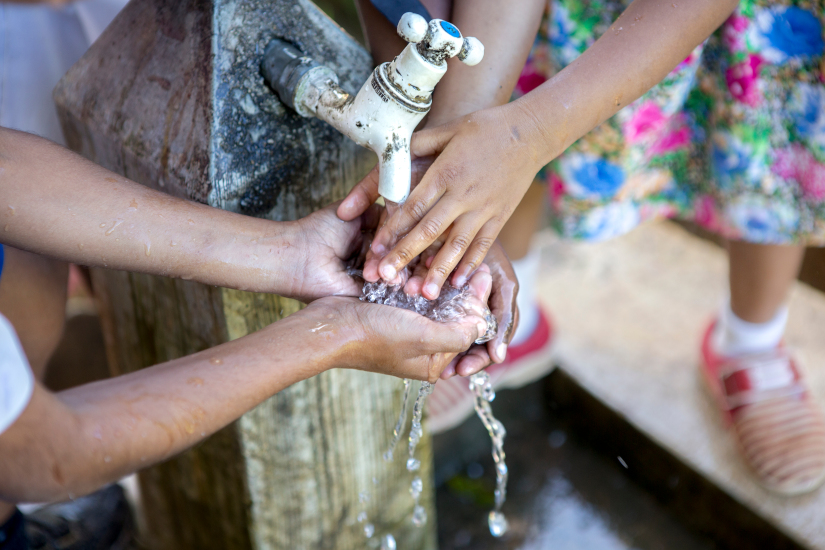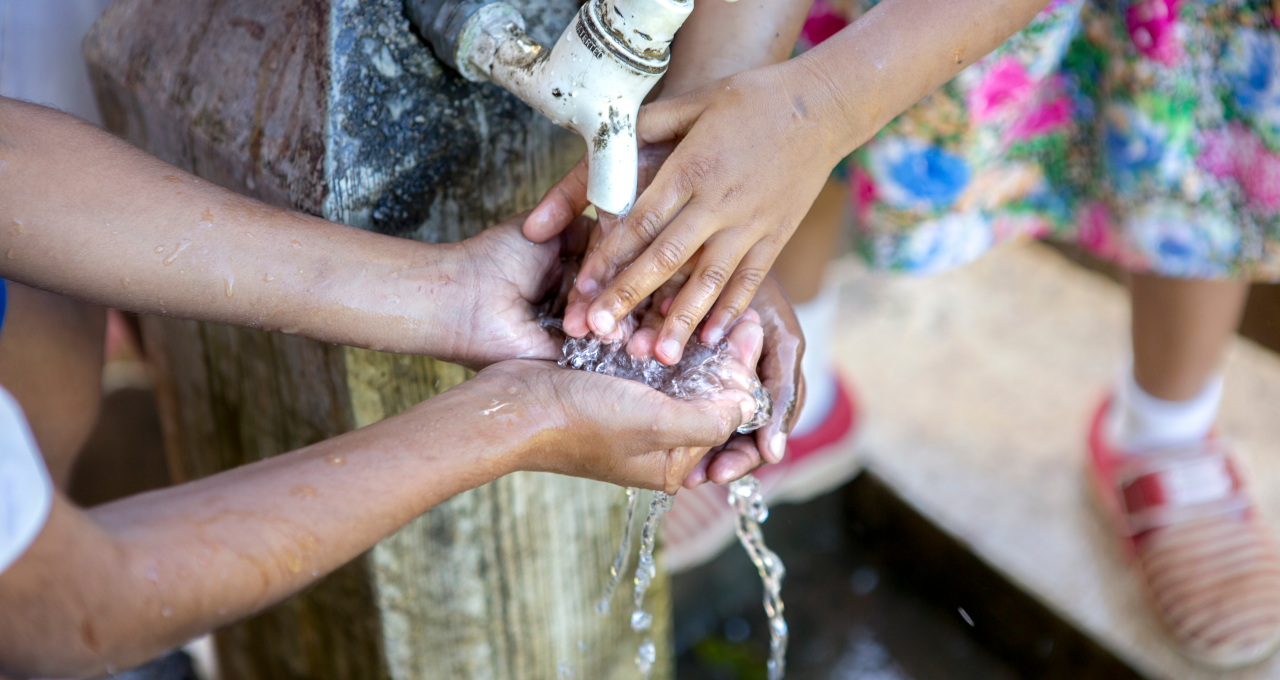Ex-Post Evaluation: Synthesis

This synthesis summarizes key findings from a series of six independent ex-post evaluations that assessed the extent to which USAID–funded WASH activities sustained outcomes three to 10 years after closure and which factors drove those outcomes. The findings are meant to foster learning and improve evidence-based sustainable development assistance at USAID and across stakeholders in the WASH sector.
Through its commitment to identifying sustainable approaches to water, sanitation, and hygiene (WASH), USAID commissioned a series of six ex-post evaluations of its WASH activities completed three to 10 years prior. These studies identified what outcomes had been sustained years later and why. The synthesis shares key findings from the series, which examined four rural and two urban WASH activities. All evaluations involved mixed qualitative and quantitative methods.
- Madagascar: Rural Access to New Opportunities for Health and Prosperity (RANO-HP), implemented 2009–2013 to improve WASH access in primarily rural areas (the ex-post only evaluated the sanitation and hygiene components).
- Indonesia: Environmental Services Program (ESP), implemented 2004–2010 to improve and expand safe water access in urban areas with a focus on support to utilities.
- Ethiopia: Millennium Water Alliance Ethiopia Program (MWA-EP), implemented 2004–2009 to improve WASH access in rural areas.
- India: Financial Institutions Reform and Expansion–Debt and Infrastructure (FIRE-D), implemented 1994–2011 to capacitate local stakeholders to plan, manage, and finance urban water and sanitation development, with a focus on commercial viability and social inclusion.
- Senegal: Programme d’Eau Potable et d’Assainissement du Millénaire (PEPAM/USAID), implemented 2009–2014 to improve WASH access in rural and peri-urban areas.
- Mozambique: Strengthening Communities through Integrated Programming (SCIP), implemented 2009–2015 to improve WASH access in rural and urban areas.
About The Ex-Post Evaluation Series

The USAID Water Office is conducting a series of independent ex-post evaluations of the Agency’s water, sanitation, and hygiene (WASH) activities to inform future USAID investments in the sector and to better understand the long-term impact and sustainability of its interventions several years after projects close.
This evaluation series will help USAID understand whether and how its activity results have been sustained. All activities included in the series must have been closed for a minimum of three years and could not be recipients of Office of U.S. Foreign Disaster Assistance or Food for Peace funding. Preference is given to USAID missions that are at a point in their design cycle to incorporate learnings into upcoming WASH programs.
This evaluation series builds upon USAID and Rotary International’s WASH Sustainability Index Tool, a framework to assess a WASH activity’s likelihood to be sustainable according to the following factors: availability of finance for sanitation; local capacity for construction and maintenance of latrines; the influence of social norms; and governance.


